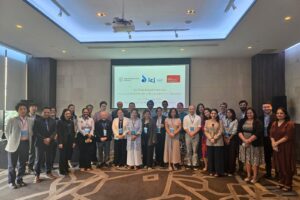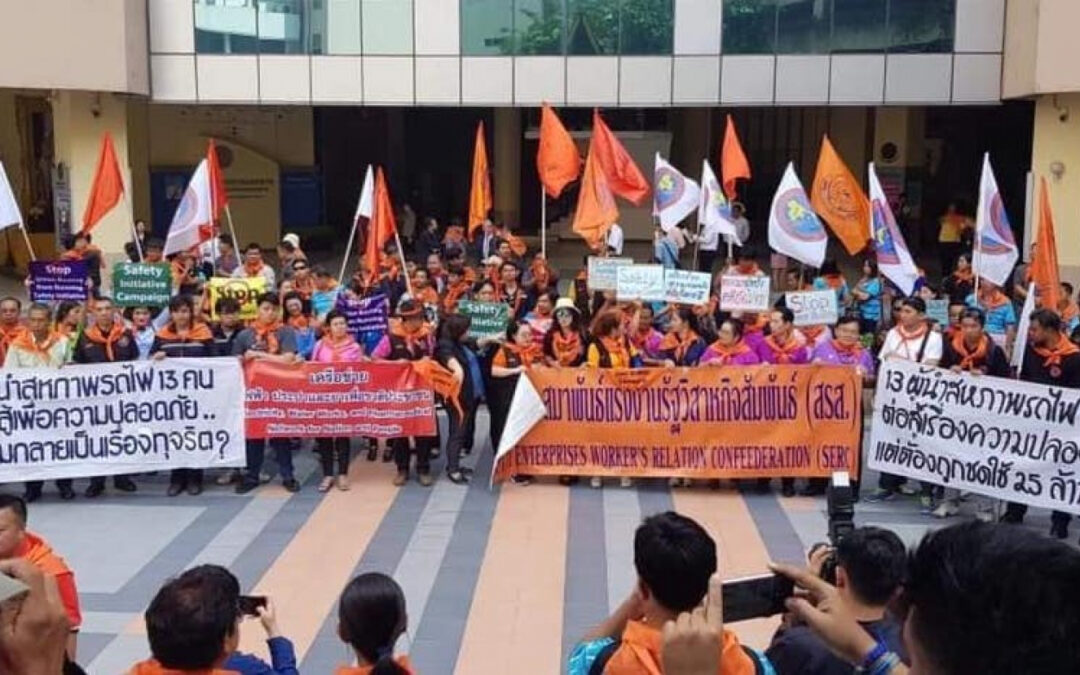
Jul 9, 2021
On 9 July 2021, the ICJ, along with other civil society organizations, submitted a legal brief to the Bangkok Court of Appeal in the appeal by 13 trade union leaders of the State Railway Union of Thailand against their conviction on neglect of official duties charges arising from their involvement in a national rail safety campaign in the aftermath a fatal train accident in October 2009.
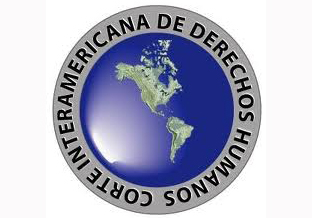
Mar 29, 2021
The ICJ recently submitted an amicus curiae brief to the Inter-American Court of Human Rights in the case of Manuela v. El Salvador.
The ICJ’s written submissions to the Inter-American Court of Human Rights focused on the right to respect for and protection of information about one’s health under both the Convention on Human Rights and Biomedicine and the case-law of the European Court of Human Rights. In particular, the ICJ observed that the right to private life guarantees respect for and protection of information about one’s health, such as personal and medical data, including relating to an abortion, to one’s sexual life and references to one’s health treatment.
For more information about the case, see https://reproductiverights.org/press-room/inter-american-commission-human-rights-filed-case-manuela-vs-el-salvador-inter-american
Salvador-Manuela amicus brief-Advocacy-legal submission.2021-ENG (Amicus brief in PDF, English)
Salvador-Manuela amicus brief-Advocacy-legal submission.2021-SPA (Amicus brief in PDF, Spanish)
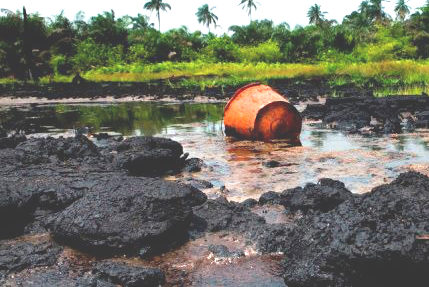
Jun 2, 2020
The CORE Coalition and the ICJ have jointly submitted evidence as interveners in a landmark case before the UK Supreme Court brought by some 40,000 people from the Ogale and Bille communities of the Niger Delta (Nigeria) against oil major Royal Dutch Shell (Okpabi et al vs Royal Dutch Shell et al) for serious harm to their human rights and well-being.
On 23 June, the Supreme Court will consider whether Shell can arguably be held liable for pollution caused by its Nigerian subsidiary, which destroyed farming land, wiped out fish stocks and poisoned drinking water. In 2018 the Court of Appeal ruled that Shell did not exercise enough control over the subsidiary to hold it responsible for the well-being of those affected by the oil spills.
This is the latest stage in a four-year legal action brought by communities seeking compensation for the catastrophic environmental damage caused by widespread oil spills.
The CORE and ICJ submission sets out the applicability of comparative law and standards regarding companies’ responsibilities in relation to human rights and environmental protection. These show that Royal Dutch Shell PLC (Shell) had a duty of care in relation to the communities affected by its Nigerian subsidiary’s activities.
In 2019, CORE and the ICJ made a similar submission to the UK Supreme Court in a case brought by Zambian communities against mining giant Vedanta.
In a groundbreaking decision allowing the case to proceed, the Court ruled that companies can be held to account for public commitments regarding their subsidiaries’ operating standards.
Both CORE and the ICJ have been lead participants in the elaboration processes of all major international instruments in the field of businesses’ human rights responsibilities in the last decade.
Nigeri-Okpabi-Advocacy-Legal submission-2020-ENG (full submission in PDF)

Apr 20, 2020
On 16 April 2020, the ICJ and other NGOs submitted a third-party intervention to the European Court of Human Rights in the case Lapunov v. Russia (Application No. 28834/19). It concerns a Russian man, who argues that he was tortured during a crackdown on LGBTI people in Chechnya.
He alleges that his case was not properly investigated by Russian authorities.
In its submissions to the Court the ICJ, the European Region of the International Lesbian, Gay, Bisexual, Trans and Intersex Association (ILGA-Europe), the Advice on Individual Rights in Europe (The AIRE Centre), Fédération Internationale des ligues des Droits de l’Homme (FIDH) and REDRESS argued that the identity of the victim of violence as an LGBTI person should be taken into account in the assessment of any violations of Article 3 of the European Convention on Human Rights.
The submission can be found here: Russia-Lapunov v Russia-Advocacy-Legal submissions-2020-ENG
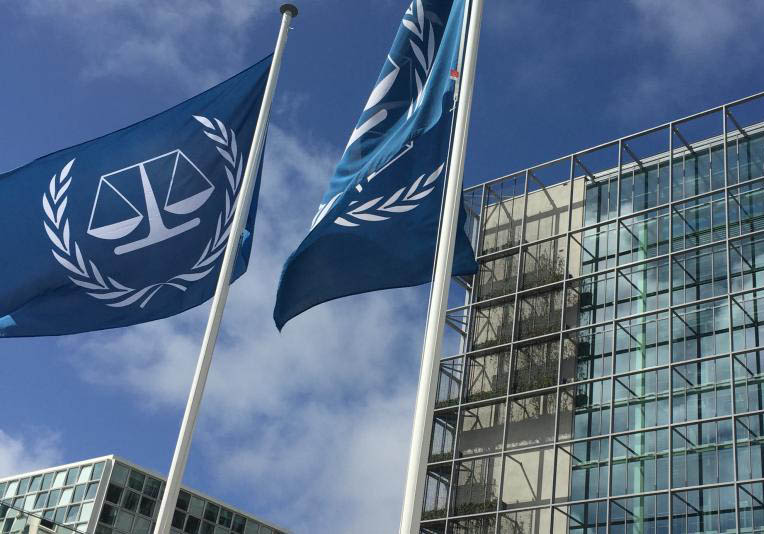
Mar 18, 2020
In amicus curiae observations submitted to the International Criminal Court (ICC) on 16 March 2020, the ICJ argued that the Court had competency to exercise its jurisdiction over the whole of the Palestinian territory, including the West Bank, East Jerusalem and Gaza.
The ICJ submitted that competing claims challenging Palestine statehood under international law and its sovereignty over the territory were without merit.
The ICJ emphasized that failure to accept jurisdiction in respect of the State of Palestine, a State Party to the Rome Statute of the ICC, would run counter to the Statute’s object and purpose of combatting impunity for serious crimes under international law.
The amicus observations were filed in response to the ICC Prosecutor’s request to the Court to rule on “the scope of the Court’s territorial jurisdiction in the situation of Palestine and to confirm that the ‘territory’ over which the Court may exercise its jurisdiction … comprises the West Bank, including East Jerusalem, and Gaza.”
“Palestine is a State under international law, satisfying recognized international law criteria for statehood, displaying and effectively exercising State authority over parts of the Palestinian territory and demonstrating capacity to enter into relations with other sovereign States and exercise treaty-making powers. Israel’s decades-long occupation of the Palestinian territory has no bearing over the ultimate question of Palestine’s sovereignty and statehood, and, thus, over the ICC’s jurisdiction,” said Said Benarbia, the ICJ’s MENA Programme Director.
The ICJ also submitted that moves by Israel to annex portions of Palestinian territory and thereby nullify the right of the Palestinian people to self-determination should not be accepted by the Court as a basis for determining Palestine’s statehood status.
The ICJ also urged the Court to reject claims that Palestine has no jurisdiction over “Area C” – which pursuant to the 1995 Oslo II Accord was placed under full Israeli control for security purposes – East Jerusalem, and Israeli citizens, and thus cannot validly delegate such jurisdiction to the Court.
“The Court can and should exercise jurisdiction over all individuals responsible for crimes under the Rome Statute committed in the Palestinian territory, irrespective of the nationality of the accused or the victims. By exercising such jurisdiction, the Court will fulfil its very raison d’être of combating impunity and holding those who bear responsibility for the most serious crimes under international law to account,” said Kate Vigneswaran, the ICJ’s MENA Programme Senior Legal Adviser.
Because the State of Palestine is a party to the Rome Statute, the ICC is entitled to exercise its jurisdiction over the serious crimes of genocide, crimes against humanity, and war crimes committed on its territory by persons of any nationality, including Israelis and Palestinians. Palestinian nationals also fall under its jurisdiction for any crimes committed anywhere in the world.
Contact:
Said Benarbia, Director, ICJ Middle East and North Africa Programme, t: +41-22-979-3817; e: said.benarbia(a)icj.org
Kate Vigneswaran, Senior Legal Adviser, ICJ Middle East and North Africa Programme, t: +31-62-489-4664; e: kate.vigneswaran(a)icj.org
Palestine-Amicus brief ICC-Advocacy-Legal submission-2020-ENG (Amicus brief, in PDF)
Palestine-ICC Amicus-News-Press releases-2020-ARA (Press release in Arabic, PDF)






